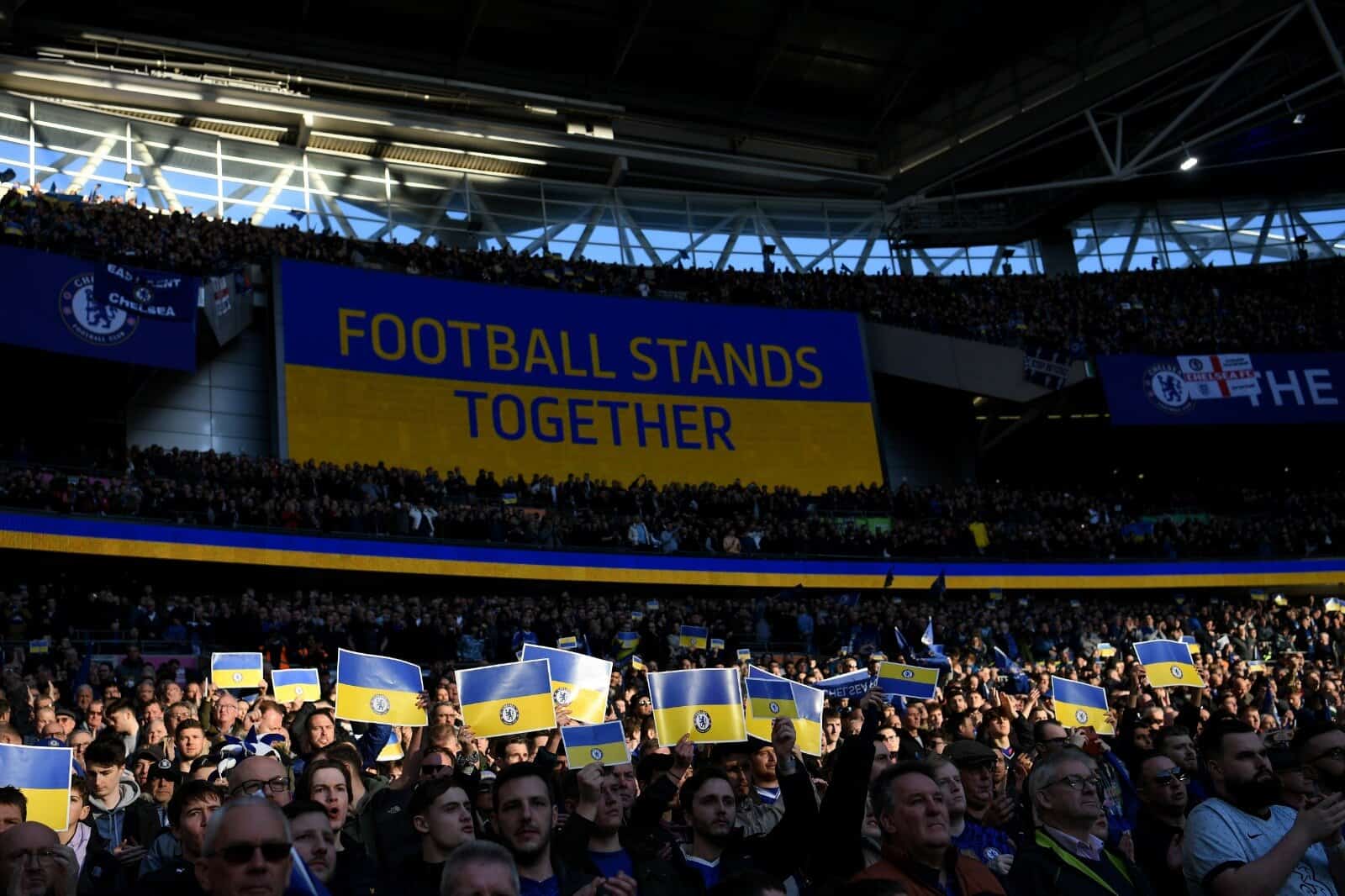Working with other governments, the United States, France, Germany, Italy, Britain and Canada as well as the EU vowed to “detect and disrupt the movement of ill-gotten gains, and to deny these individuals the ability to hide their assets”.
Anti-corruption campaigner and financier Bill Browder welcomed the move, telling AFP that “the most direct way of creating a punishment for (Russian president) Vladimir Putin starting this war in Ukraine is to sanction the oligarchs.”
He said many of these businessmen hold wealth on Putin’s behalf.
“This is what he cares about… because in order to be the most powerful person in Russia you need to be the richest person in Russia as well,” Browder added.
But it would “require resolve and strength to be able to overcome the legal bullets that will be flying”, he said.
Firms and professionals have thrived on helping wealthy Russians manage their assets in the British capital sometimes mockingly dubbed “Londongrad” for the amount of Russian money present and other Western financial centers.
They could try to throw up legal obstacles to Western governments’ pursuit of their clients, or try to get ahead of the sanctions.
Fear factor
Duncan Hames of Transparency International’s UK branch also reacted positively, saying the statement was “the first which really seemed to have both a coherent understanding of the problem and the ability to marshal a decent number of major economies in responding to it”.
Even ahead of the G7 declaration, the owner of London’s Chelsea football club, Russian billionaire Roman Abramovich, said he was “giving trustees… the stewardship and care of Chelsea FC” in a move widely seen as motivated by anticipated sanctions.
Football stands together. pic.twitter.com/PyroAQrqaC
— Chelsea FC (@ChelseaFC) February 27, 2022
Chelsea itself on Sunday issued a further statement on the “situation in Ukraine”, calling it “horrific and devastating” while avoiding the word “war”.
Meanwhile Ukrainian-born financier and one of Russia’s richest men Mikhail Fridman told employees at his private equity firm LetterOne that the war with Ukraine was a “tragedy” in a Friday letter, a spokesman said, confirming a Financial Times report.
But although he called for an end to the “bloodshed” and cited his parents living in the western Ukrainian city of Lviv, Fridman insisted that as a “businessman” he does not “make political statements”.
The FT also reported that metals tycoon Oleg Deripaska called for peace talks “as soon as possible” between Russia and Ukraine on Telegram.
Peace is the priority. Negotiations must start ASAP.
— Oleg Deripaska (@DeripaskaOleg) February 27, 2022
And former top official and business chief Anatoly Chubais posted a picture on Facebook of Boris Nemtsov, a politician critical of Putin who was assassinated in murky circumstances in 2015.
Browder said the impact of such noises from elite circles would be limited.
Putin “is not afraid of his oligarchs or of his people, he’s running a dictatorship,” he said.
‘Enablers’
Hames warned that it might be tricky to identify the property of people on sanctions lists due to “the widespread use of offshore secrecy havens to hide ownership of assets even in places like London”.
Browder was more optimistic, noting that “once you put a person on the sanctions list, it is the role of the financial institutions, estate agents, law firms, accounting firms to not violate those sanctions.
“If a bank holds money that belongs to an oligarch, they know… because the oligarch has had to make those disclosures” leaving the bank at legal risk if they keep transacting on a sanctioned client’s behalf, he added.
Whether oligarchs would be able to snatch their hidden assets away in time “depends on how complicit their enablers, their business service providers are in helping them to get around sanctions”, Transparency International’s Hames said.
“I think every business or professional serving these clients needs to think long and hard about the morality of that.”

